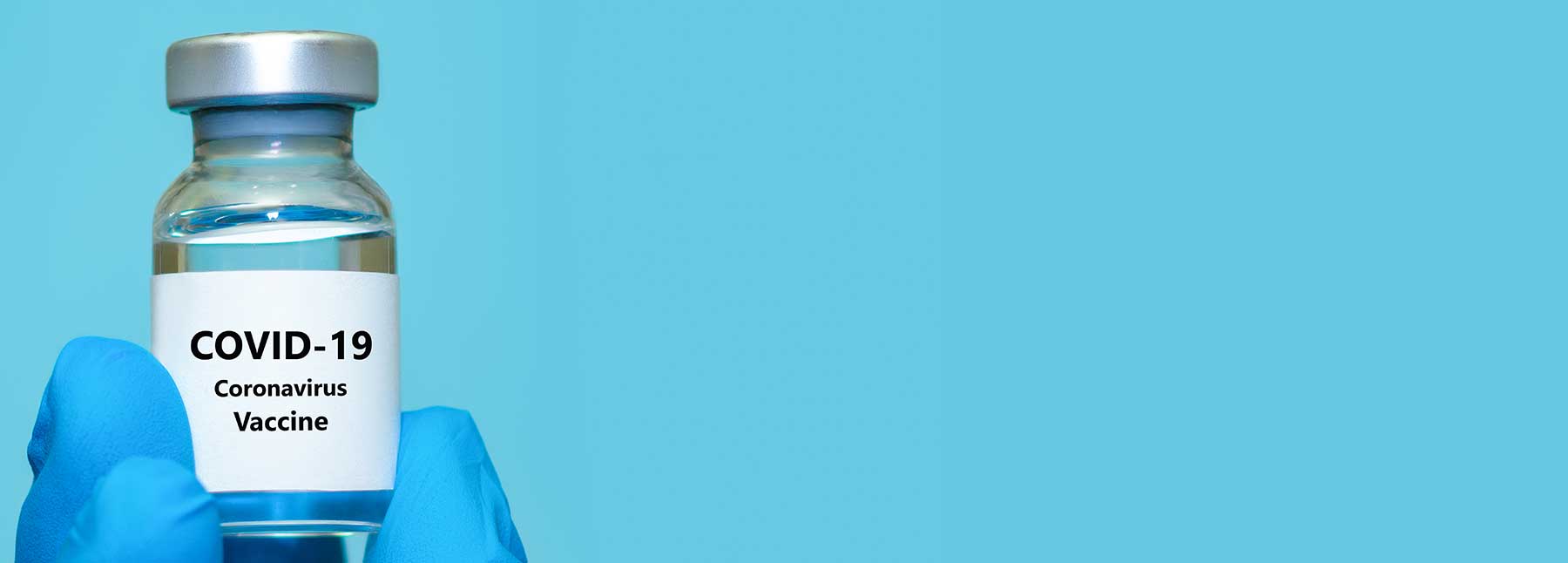As you prepare to get your COVID-19 vaccination, here's what you need to know and do.
Who is eligible for the vaccine now?
Because initial COVID-19 vaccine supplies are limited, distribution will occur in phases, with priority and high-risk groups in the earliest phases. Healthcare workers fighting the pandemic on the frontlines, residents of long-term care facilities and older people over 80 years of age will be first in line for the vaccine.
Supplies will increase over time, and all adults should be able to get vaccinated during the course of 2021. As vaccination rollout differs from region to region, check with your local health authority for specific information about the vaccination programme timeline in your country.
How many shots will I need of the vaccine?
Most coronavirus vaccines will require two doses to be effective; only one candidate in late-stage clinical trials is a single-dose vaccine.
You need to get both doses for the best protection against COVID-19. The first shot helps your body recognise the virus and gets your immune system ready, while the second shot three or four weeks later (depending on which vaccine you get) strengthens that immune response. This makes your body more prepared to fight infection.
As with all vaccinations, it will take time for your body to build immunity; about 1-2 weeks after the second dose for you to get protection against COVID-19.
Is the vaccine safe?
The COVID-19 vaccines that have been approved have all been through the same amount of rigorous testing and safety processes as other vaccines. For the large majority of people, the COVID-19 vaccine is safe. But there are some groups who may need to take into account additional considerations when deciding whether to get the COVID-19 vaccine. These include:
- People with allergies
- People who are pregnant or breastfeeding
- People who’ve tested positive for COVID-19
- People with underlying medical conditions
- Children and adolescents
Talk with your doctor about any concerns you have and to see if vaccination is right for you.
I’ve heard some people have severe allergic reactions to the COVID-19 vaccine. Should I be worried?
What side effects can I expect from the vaccine?
You might experience some side effects after getting one or both doses of a COVID-19 vaccine - and that’s completely normal. While the side effects can be uncomfortable, they are generally mild, temporary, and nothing compared to how sick you could become with COVID-19. What’s more, the reactions are often a sign that your body is responding to the vaccine.
Side effects to the COVID-19 vaccine can vary, depending on your age, which vaccine you’re getting and whether it’s your first or second dose. You might get one or more of the following reactions:
- Pain, redness or swelling at the injection site
- Fatigue
- Headache
- Muscle pain
- Joint pain
- Chills
- Fever
- Swollen lymph nodes on the side you got vaccinated
These possible side effects usually happen within 3 days of getting the vaccine and should only last a few days. Not everyone who gets vaccinated will have side effects.
Do I need to get vaccinated if I’ve already had COVID-19?
If you’ve had COVID-19, you likely developed some amount of natural immunity to it once you recovered. But medical and public health experts don’t yet have a good understanding of how long that natural immunity might last.
Reinfection is possible, and The Centers for Disease Control and Prevention recommends that you go ahead and get the vaccine when it’s your turn, even if you’ve already had the illness.
Can I get or spread COVID-19 after getting the vaccine?
This is one of the many big questions that scientists are currently working on. While the vaccines protect the person who is vaccinated against disease, they still don’t know if they stop that person transmitting the virus to someone else.
None of the vaccines tested so far have been 100 per cent effective so some vaccinated people may still catch the coronavirus. While the vaccine can’t give you COVID-19, it might still be possible to get or even spread the virus to others even after you’re vaccinated.
Your body needs time to develop protection after getting vaccinated. And although the vaccine lowers your chances of getting seriously sick or dying from COVID-19, researchers are still studying whether getting vaccinated will keep you from getting and spreading the virus in the future, even if you don’t feel sick.
It’s important to remember that you should still continue to wear your mask and take other precautions after you get the vaccine. Even after your second shot, you won’t be 100% immune from the possibility of getting or spreading COVID-19 to someone else. So, until more of the population can get vaccinated, we should all do our best to protect ourselves and those around us.



